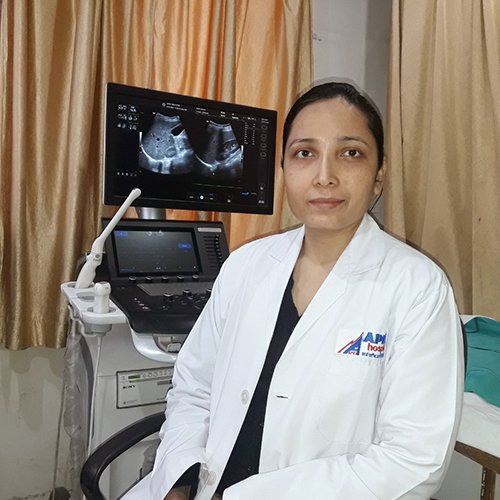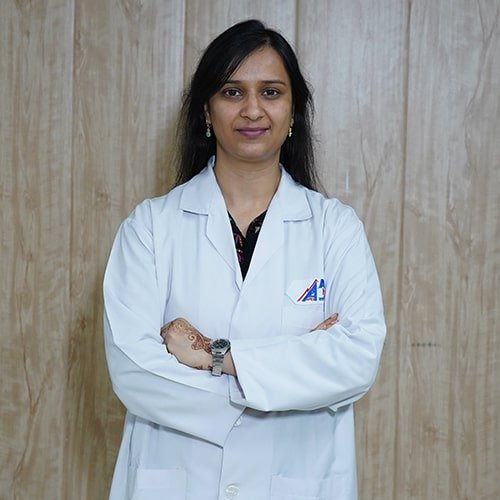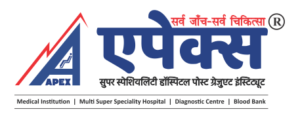
Diagnostic Services at Apex Super Speciality Hospital
Apex Hospital diagnostic Centre is facilitate the provision of timely, cost-effective, and high quality diagnostic care in safe and secure environments.
Apex Hospital diagnostic Centre conducts routine laboratory and other tests like blood, urine, stool, sputum, MRI, CT scan, PET scan, biopsies, microbiology, nuclear medicine, transfusion medicine, and many more. We have dedicated departments for all endoscopies and non-invasive procedures.
Highlights / Services
- Interventional Radiology (Neuro, Gastrointestinal, Genitourinary, Peripheral, Emergency, Vascular Interventional)
- Non Vascular Interventional (Hepatobiliary/Renal)
- PET Scan
- Nuclear Medicine
- Gama Scanning
- Open MRI
- Hole Body CT Scan
- Ultrasound, Color Doppler
- Mammography: Digital, Ultrasonic
- Robot Assisted CT Guided Tumor Test (FNAC, Biopsy)
- Dexa Bone Scan (BMD)
- Computerized Onco
- Histo Pathology
- OPG
- TMJ & Cephalogram
- TMT, ECG, Eco, EMG
- EEG, NCV
- Colposcopy
- Pap Smear
Department of Radiology
The Department of Radiology provides a full range of radiological services related to MRI, CT, Ultrasound, Fluoroscopy, Mammography, Dexa, X-Rays and intervention procedures. We have installed technologically advanced, state-of-the-art medical equipment in our endeavour to provide the best diagnostic output. The department consists of highly skilled technicians and radiologists who are dedicated to provide 24X7 patients care. The department is also actively involved in pushing boundaries in the world of radiology and imaging through various research activities.
RADIOLOGY TEAM

Dr Sunil Kumar Dubey
MBBS, MD(Radio)

Dr Gauri
MBBS, MD(Radio)

Dr Deepak patel
MBBS, MD(Radio)
NABL Accredited laboratory
- Apex Diagnostic centre’s laboratory is accredited with NABL & ISO 9001-2015 standards, The lab is committed to good laboratory practices, excellence in testing / examination and compliance to Quality Management System.
- Our quality and standardization programs fulfill the healthcare needs and quality expectations of our patients and clinical consultants.
- Constant up-gradation and introduction of new tests and methods to meet the demands of the clinicians have been our continuous goal.
- We strive for continuous quality improvement in all processes and services that support patient care. These are monitored by various quality indicators that are reviewed regularly by the management and accreditation agencies.
- We combine the efficiency of automation and Lean principles to simplify and streamline processes.
- Providing 24X7 services.
Apex Diagnostic centre provides a wide range of services, investigations and comprises of the following disciplines.
Clinical Pathology
Clinical pathology supports the diagnosis of disease using laboratory testing of blood and other bodily fluids, tissues, and microscopic evaluation of individual cells. Our board-certified clinical pathologists and technologists provide laboratory results in a timely, efficient and thoughtful manner.
Hematology
Hematology is the science or study of blood, blood-forming organs and blood diseases.
In the medical field, hematology includes the treatment of blood disorders and malignancies, including types of hemophilia, leukemia, lymphoma and sickle-cell anemia. Hematology is a branch of internal medicine that deals with the physiology, pathology, etiology, diagnosis, treatment, prognosis and prevention of blood-related disorders.
Hematologists focus largely on lymphatic organs and bone marrow and may diagnose blood count irregularities or platelet irregularities. Hematologists treat organs that are fed by blood cells, including the lymph nodes, spleen, thymus and lymphoid tissue.
Histopathology
The histopathology and cytology divisions provide diagnostic anatomic pathology and cytology services in the fields of oncopathology, medical pathology and haematopathology as well as nephrology, Gastrointestinal, GU and dermatopathology Immunoflorescence on kidney and skin biopsies, immunoperoxidase stains for diagnosis of difficult cases and estrogen and progesterone receptor studies on breast cancer cases are carried out at the main department. A wide variety of lastochemical stains are also performed.
Microbiology
This division determines the sensitivity of the isolated pathogenic bacteria to the various antibiotics, with the help of serological tests, thereby aiding the clinicians in the treatment of bacterial diseases. The department also carries out hospital surveillance tests to control nosocomial infection and their spread within the hospital. Emergency samples that need to be processed after closure of the department are handled by the staff on call duty.
Bio-Chemistry
Biochemistry deals with the chemistry of body fluids such as blood, urine, cerebrospinal fluid, ascitic fluid, pleural fluid, synovial fluid, drainage fluid, dialysate fluid, cyst fluid, pancreatic fluid and bone marrow, renal and gall stones. The routine tests consist of lipid profile, liver function tests, heart enzymes, diabetic status, renal profile, electrolyte status etc.Special investigations such as glycosylated haemoglobin, protein electropherosis for globulin fractions, determination of tracer metals, urine determination for carcinoid tumours, Urine analysis for elements, etc are carried out. It gives a full back up for the IVF Laboratory.
Serology
Serology is the scientific study of serum and other body fluids. In practice, the term usually refers to the diagnostic identification of antibodies in the serum. Such antibodies are typically formed in response to an infection (against a given microorganism), against other foreign proteins (in response, for example, to a mismatched blood transfusion), or to one’s own proteins (in instances of autoimmune disease). In either case, the procedure is simple.
Serological tests are diagnostic methods that are used to identify antibodies and antigens in a patient’s sample. Serological tests may be performed to diagnose infections and autoimmune illnesses, to check if a person has immunity to certain diseases, and in many other situations, such as determining an individual’s blood type. Serological tests may also be used in forensic serology to investigate crime scene evidence. Several methods can be used to detect antibodies and antigens, including ELISA, agglutination, precipitation, complement-fixation, and fluorescent antibodies and more recently chemiluminescence.
Molecular Biology
Molecular biological testing has become a mainstay in the repertoire of infectious disease diagnostics like in no other field of medicine. Direct pathogen detection primarily relies upon two main methods: the polymerase chain reaction (PCR) and immunochromatography – often supplied as test strips or test cards. Alongside pathogen detection, the PCR method has the advantage that it can simultaneously analyze resistance determinants and/or virulence factors. In the age of multidrug-resistant (nosocomial) pathogens, rapid and reliable molecular biological differentiation is becoming increasingly important given the urgency indicated to effectively isolate affected patients at the earliest possible chance.
- Covid-19 (Antigen Test, RT-PCR, Antibodies Test)
- H1N1
- HIV
- HBsAg
- Viral Load
- HCV
- HAV
- HEV
- Dengue /Chikungunya
- TB
- PCR
PATHOLOGY TEAM

Dr Sandeep Nautiyal, MBBS, MD(Pathology)

Dr Satyendra K Kaushal, MBBS, MD(Microbiology)

Dr Swati Chouhan, MBBS, MD(Pathology)
What our patients are saying
very day we strive harder to deliver a great patient experience which is not just the treatment but also your overall experience at any of our facilities.
MAKE AN APPOINTMENT NOW!
